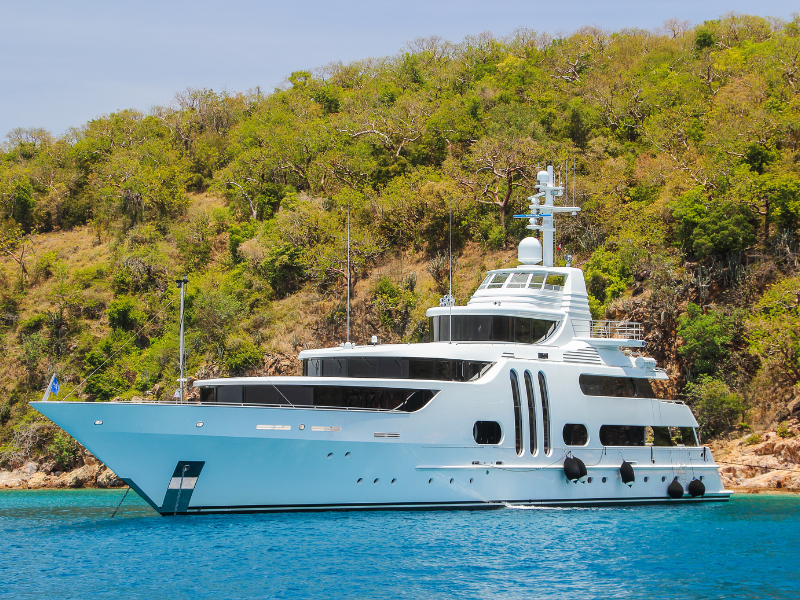In maritime engineering, few advancements have been as transformative as integrating high voltage (HV) systems in Hybrid DC-powered superyachts. These luxurious vessels, often equipped with cutting-edge technologies and amenities, require sophisticated electrical systems to ensure smooth and efficient operation. For engineers working on such superyachts, having specialised high voltage management training is not just beneficial—it’s essential.
This blog explores why STCW (Standards of Training, Certification, and Watchkeeping) high voltage management training is critical for engineers operating on Hybrid DC-powered superyachts.
Unlike their low-voltage counterparts, high-voltage systems are a realm of complexity and danger. Operating at voltages that significantly escalate the potential for electrical hazards, these systems pose risks such as arc flashes, electrical shocks, and equipment failures. Engineers must profoundly understand these systems to manage and maintain them safely.
STCW high voltage management training equips engineers with the knowledge and skills to navigate high voltage systems’ intricacies, ensuring they can handle these potent technologies safely and efficiently.

Working with high voltage systems requires strict adherence to safety protocols and regulations. The STCW high voltage management training includes comprehensive modules on safety procedures and correct PPE. Engineers are trained to identify potential hazards, implement safety measures, and respond to electrical emergencies. This training ensures compliance with international safety standards, minimises the chance of accidents on board, protecting the crew and the vessel.
Hybrid DC-powered superyachts rely mainly on high voltage systems. Efficient management of these systems is crucial for maintaining the yacht’s performance and reliability. STCW high voltage management training equips engineers with the skills to perform routine maintenance, troubleshoot issues, and optimise the performance of high voltage equipment. This proficiency ensures that the yacht operates smoothly, efficiently and safely, providing a seamless experience for its occupants.
Many modern superyachts adopt Hybrid or fully electric propulsion systems, which require high voltage DC power. Engineers must safely manage these advanced propulsion systems to ensure optimal performance and longevity. The STCW training covers the intricacies of high voltage propulsion systems, energy management, and power distribution. This knowledge is essential for engineers to support the advanced propulsion and energy systems that are becoming increasingly common in luxury yachts.
For maritime engineers, specialised training in high voltage management opens new career opportunities and pathways for professional growth. The STCW certification is recognised globally, enhancing the engineer’s credentials and employability. As more superyachts adopt high voltage DC systems, the demand for qualified engineers with this specialised training will continue to rise.
By completing the STCW high voltage management training, engineers will prove themselves to be at the forefront of this evolving industry, ready to take on challenging and rewarding roles.
In conclusion, STCW high voltage management training is indispensable for engineers working on Hybrid DC-powered superyachts. The complexity and hazards associated with high voltage systems necessitate a high level of expertise and safety awareness. This training ensures that engineers can manage these advanced systems safely and efficiently, contributing to the vessel’s overall performance, reliability, and sustainability.
As the maritime industry continues to grow, the importance of specialised training for engineers cannot be overstated, making STCW high voltage management training a critical investment in their professional development and the future of maritime operations.
To book your place on an High Voltage Course at MSA Portsmouth please visit our course pages today:
STCW High Voltage (HV) at Management Level Course
STCW High Voltage (HV) at Operational Level